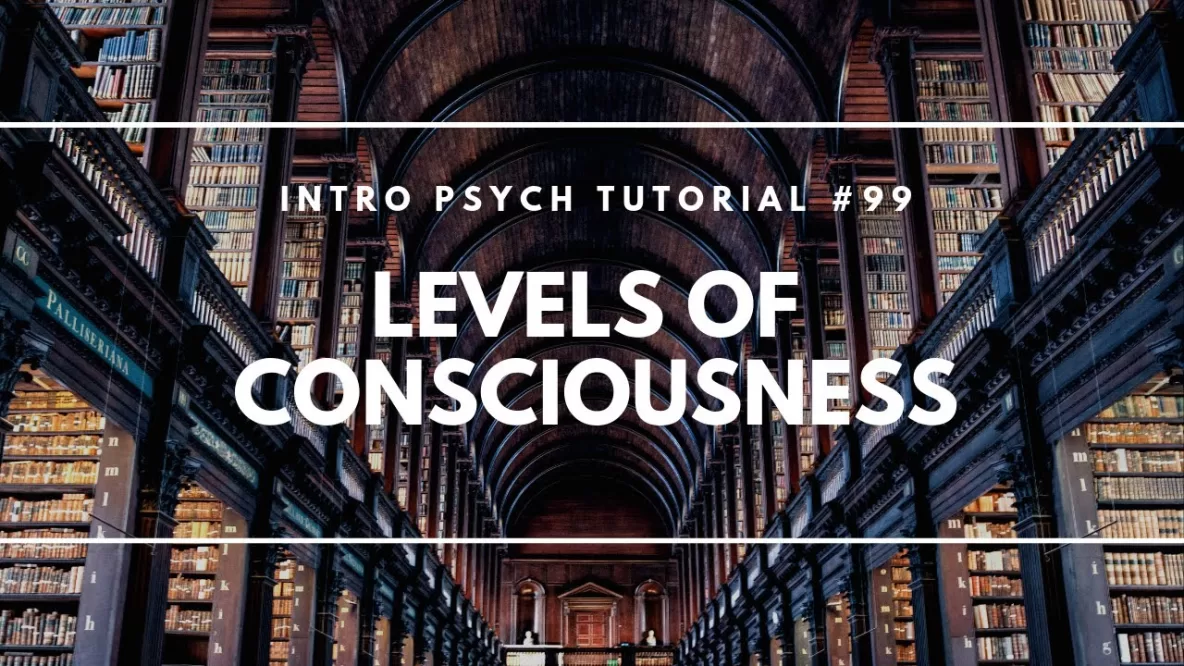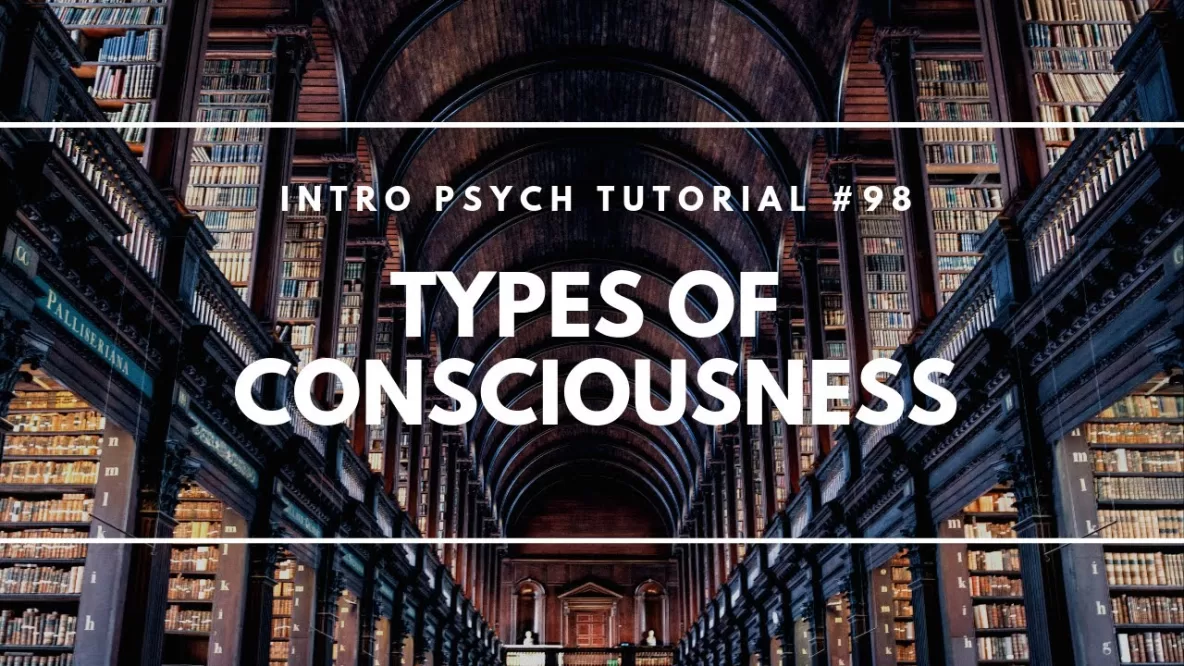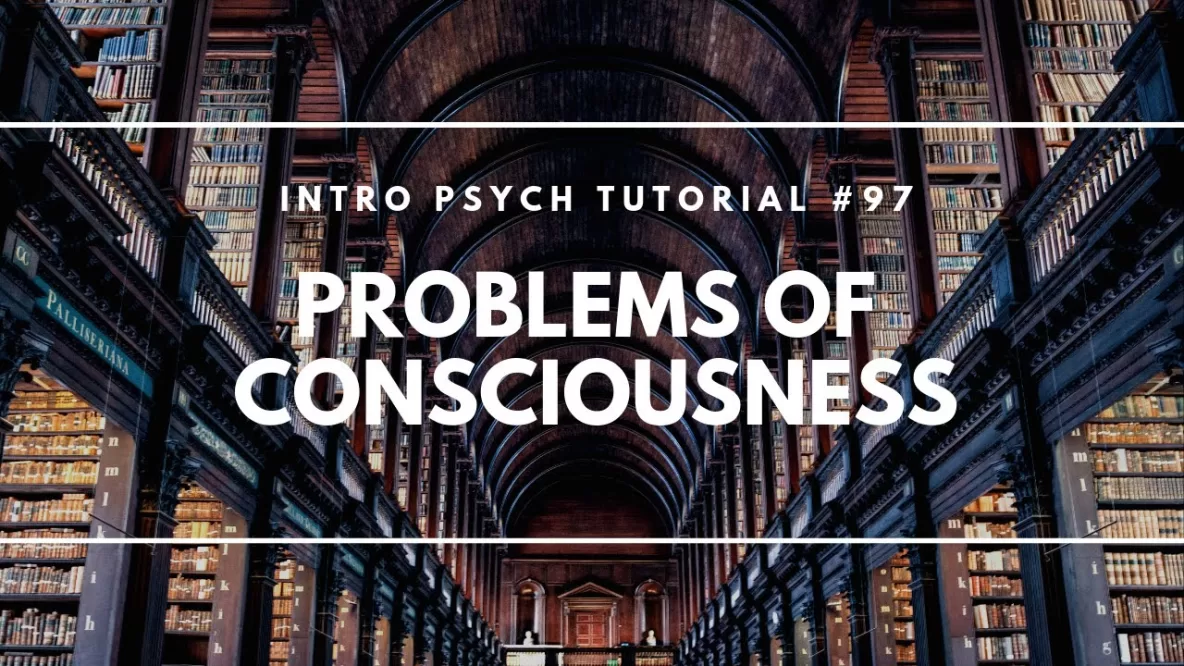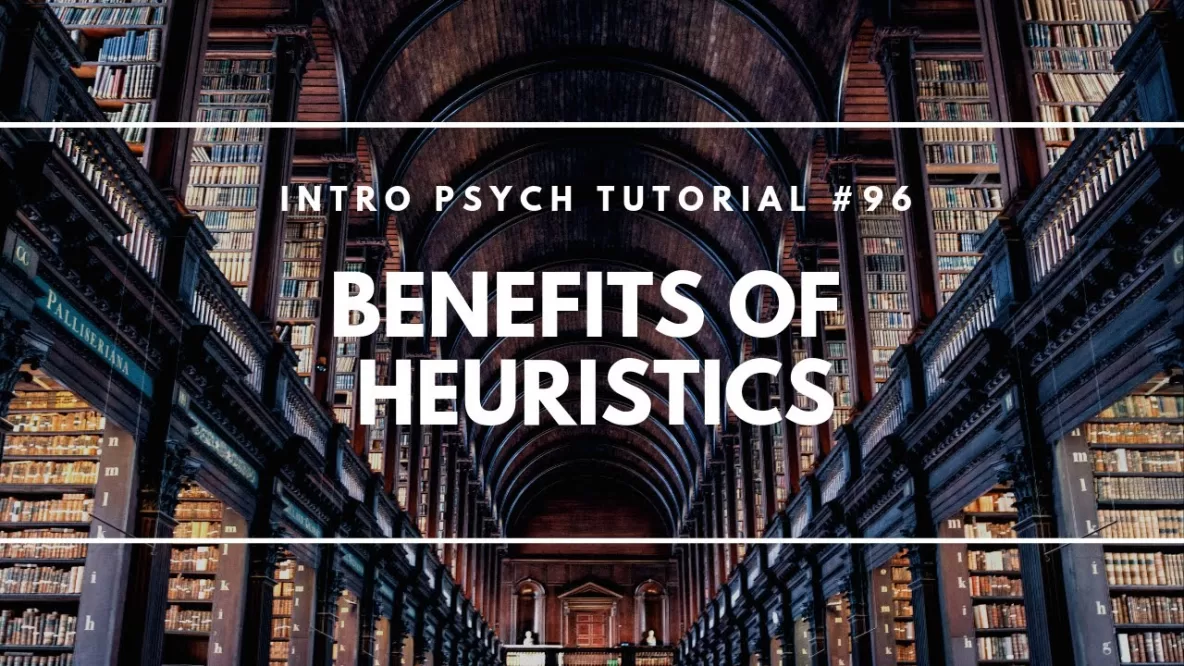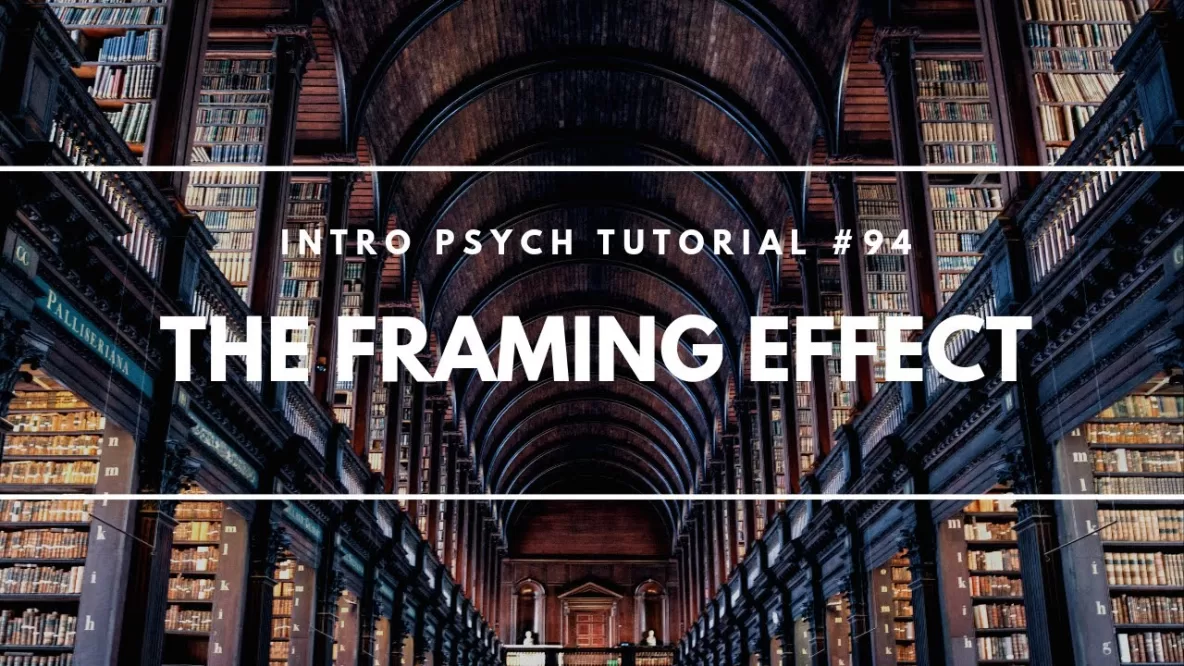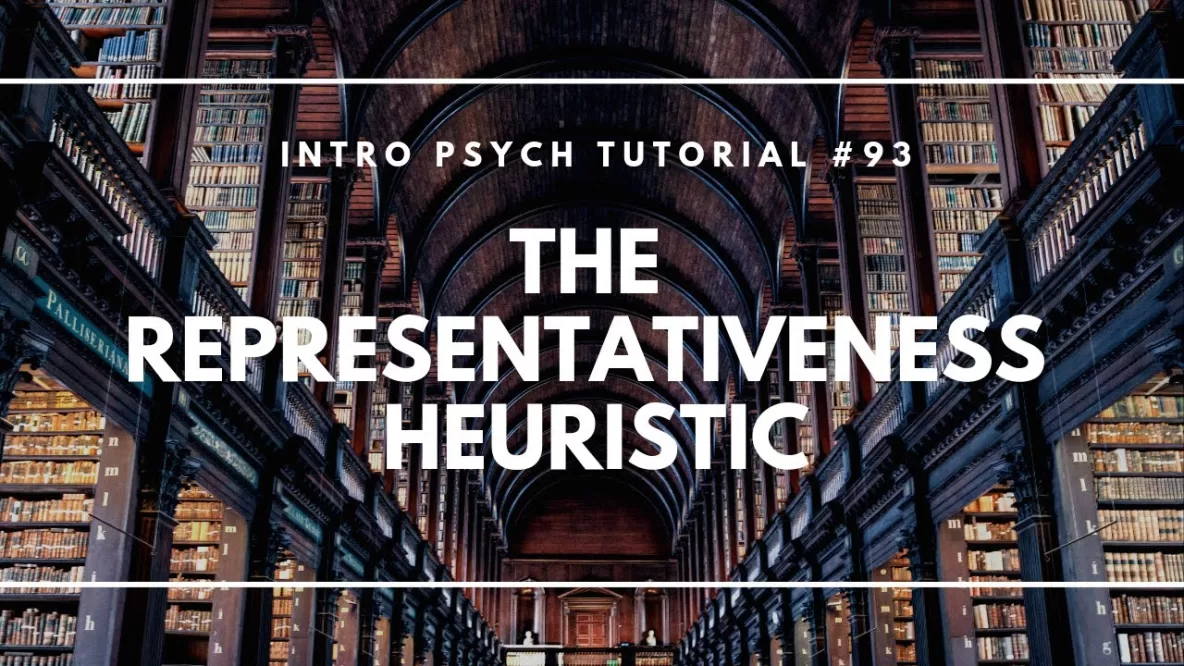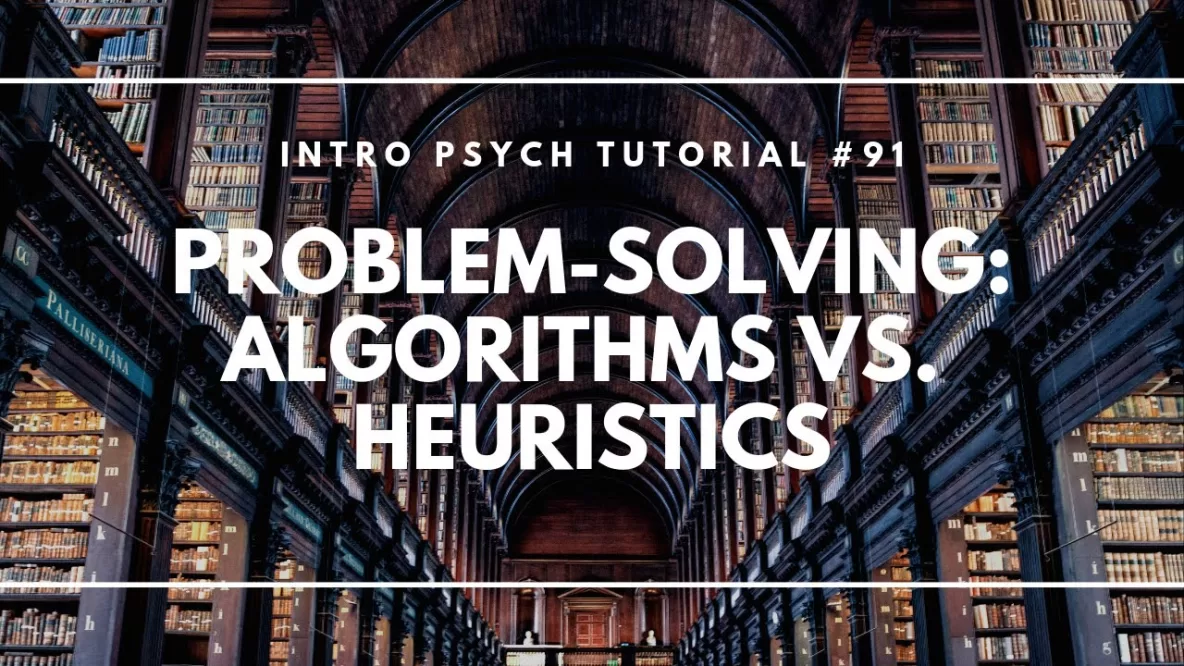Here’s a knowledge organizer I’ve created of the most essential concepts for research methods and statistics in an introductory psychology course. These knowledge organizers are designed to help you identify the most important factual knowledge you need to have in … Read More
History & Approaches Knowledge Organizer
I’ve begun creating knowledge organizers for introductory psychology which cover all of the most important concepts for each unit. These are one-page summaries which represent information that students are expected to know. The information is organized in a way that … Read More
Levels of Consciousness
In this video I describe different levels of consciousness that we have based on our level of access to different types of information. These include conscious, preconscious, subconscious/unconscious, and nonconscious levels of awareness. Don’t forget to subscribe to the channel … Read More
Types of Consciousness
In this video I describe a spectrum of consciousness, ranging from minimal consciousness up to full human consciousness. Along the way, recognition of the self may be an important marker for differentiating some animals. The ability to be self-conscious and … Read More
Problems of Consciousness
In this video I begin the unit on consciousness by considering a number of problems associated with understanding consciousness. These include the mind-body problem, the problem of other minds, and the hard problem of consciousness. While we don’t have solutions … Read More
Benefits of Heuristics
In this video I end the unit on cognition with the reminder that heuristics are not just about making errors in decision-making. Most of the time heuristics work well and they serve as useful tools for making sense of the … Read More
The Sunk-Cost Fallacy
In this video I introduce the sunk-cost fallacy, which is when we make present decisions based on previous investments which aren’t relevant. This fallacy can occur in the form of gamblers or investors who make increasingly risky decisions in order … Read More
The Framing Effect
In this video I introduce Tversky and Kahneman’s work on the framing effect and how consideration of benefits or losses can influence the choices that people make and their willingness to take risks. I consider a few everyday examples of … Read More
The Representativeness Heuristic
In this video I describe another heuristic identified by the work of Amos Tversky and Daniel Kahneman. The representativeness heuristic is a shortcut that we use when attempting to estimate the odds of something being true, such as whether an … Read More
Problem Solving: Algorithms vs. Heuristics
In this video I explain the difference between an algorithm and a heuristic and provide an example demonstrating why we tend to use heuristics when solving problems. While algorithms provide step-by-step procedures that can guarantee solutions, heuristics are faster and … Read More

